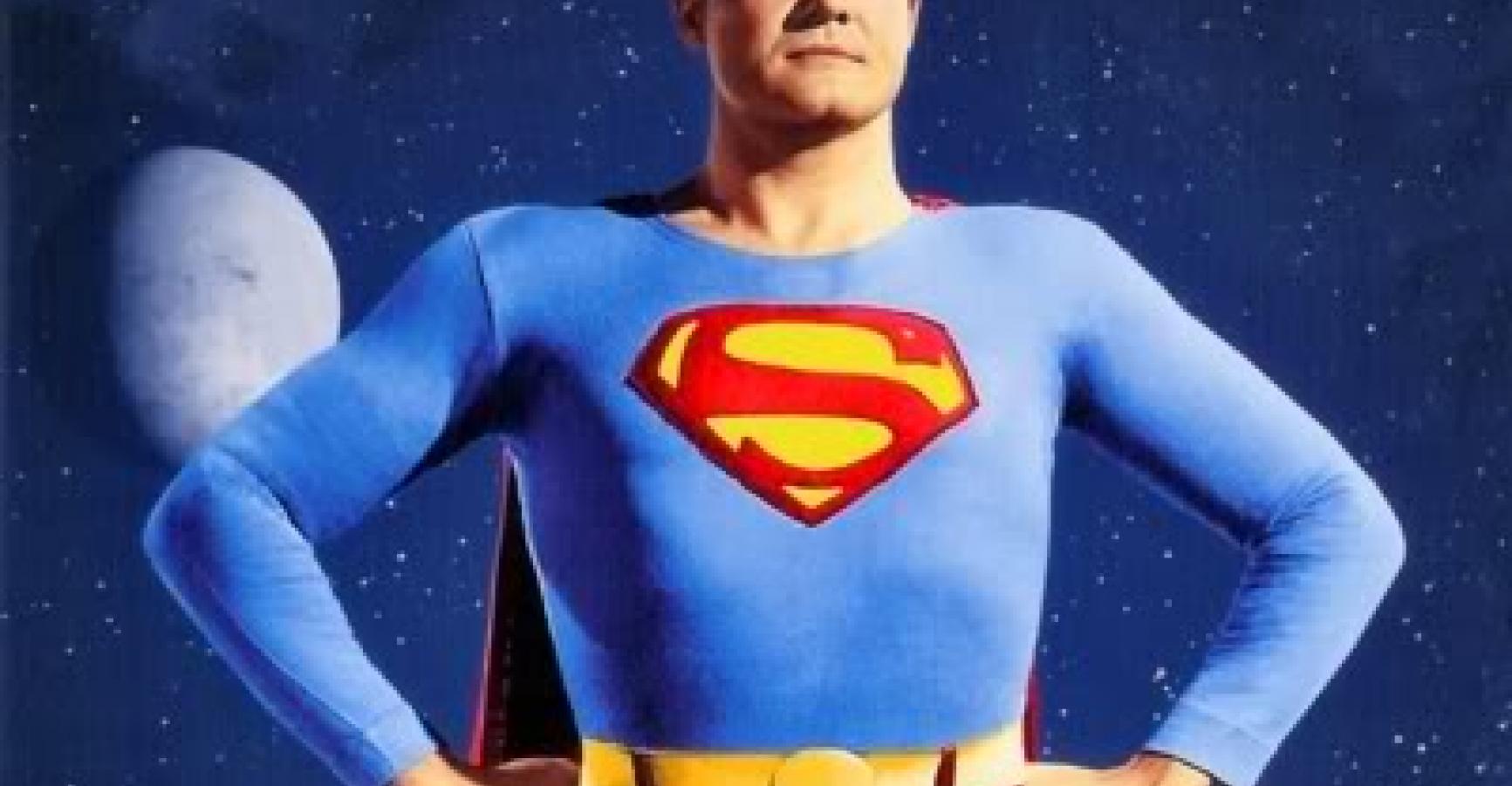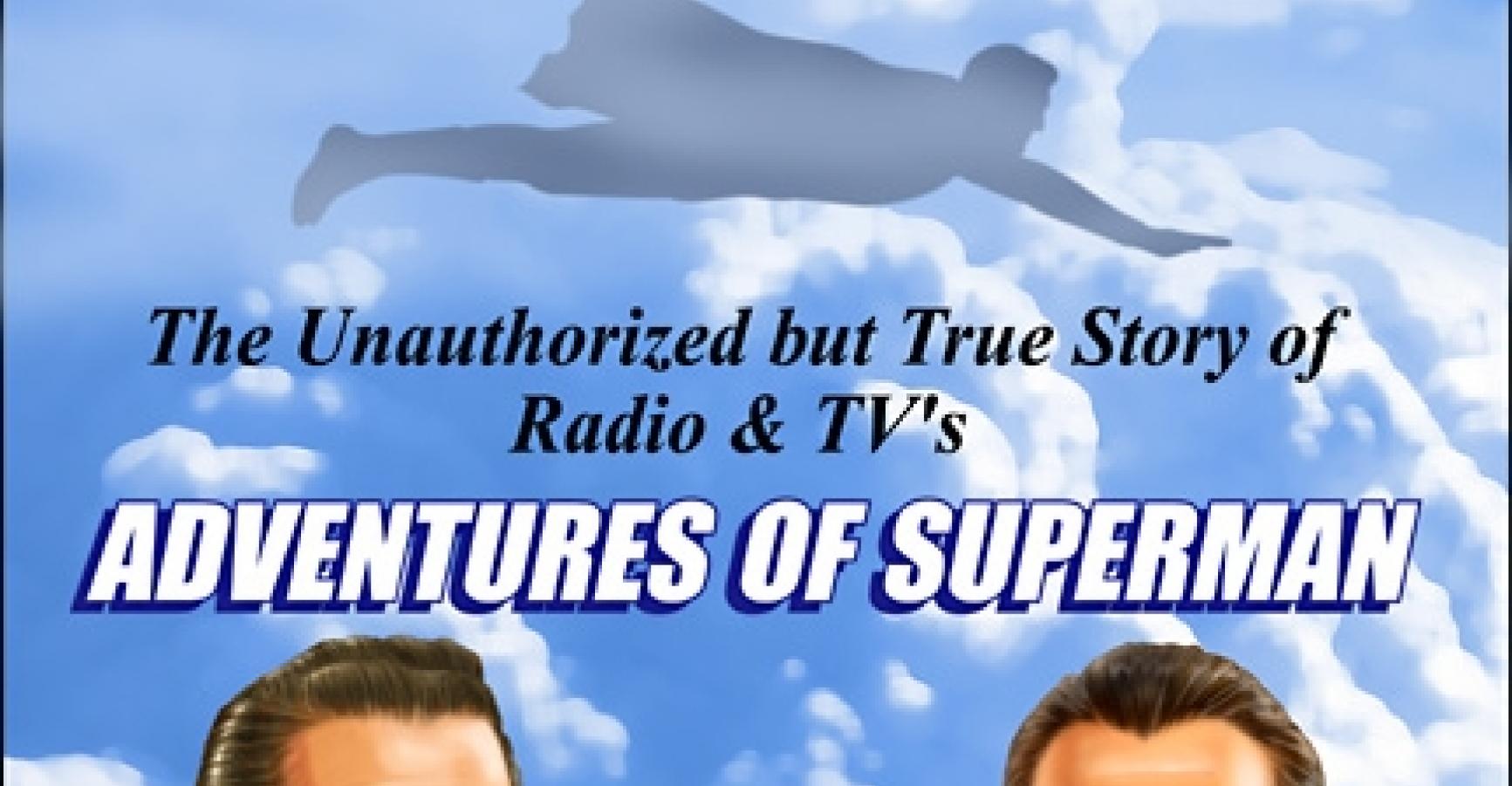Today has a special significance for me because–here’s something you probably don’t know about me–I’m a huge fan of Elvis Aron Presley. Of his music and, at his best, of the man.
I grew up in the Deep South to parents and maternal grandparents who were likewise fans. One of my earliest memories in this world is from the night of December 3, 1968–seated in my grandparents’ living room on Milford Avenue, mesmerized by Elvis’s 1968 Comeback Special. I was six, and I’ll bet you I didn’t take my eyes off that TV screen for one second, from the opening number to the spectacular closer. The man’s charisma was jaw-dropping. The way my mother and grandmother were practically swooning the whole time was not unnoticed. And Milford Avenue was in Tupelo, Mississippi.
It was never lost on me in later years how influential that one television broadcast was to me during my most formative years. Like Elvis, I was a good Southern boy. Like Elvis, my childhood and happiest times centered around Tupelo (a town I still know like the back of my hand and, of all the places we lived when I was a kid, the one by far I think of as home). Elvis was, to me, living proof that a boy from Tupelo wasn’t inevitably fated to dream small and live out his parents’ ambitions–that there was a reward for having the courage to be an artist, a performer, someone who told stories through his art.
His were the first records I ever owned, and I spun them on my Close ‘n’ Play until they melted. My mother had a spectacular singing voice and I was lucky enough to have inherited a small fraction of her talent, so I have to have performed the entire “Aloha From Hawaii” double album (in Quadraphonic sound!) five hundred times behind the wheel of my car or while pushing a loud lawnmower or otherwise out of earshot and “alone” with the music. The only thing burned more deeply into my memory than the titles of every Silver Age Justice League story is every last split-second vocal nuance of “Faded Love.”
Growing up in and around Tupelo in the late ’60s and the ’70s was a trip. The town, obviously, embraced to some degree the legend of its favorite son despite the fact that Elvis no longer returned the love–it was said that he’d donated a gigantic sum of money to the city for construction of a park, money that had been embezzled and/or misappropriated, and picnicking in Elvis Presley Park in 1970 would seem to bear that out–swingset, monkey bars, see-saw, two brick grills and a couple of tables could not possibly have accounted for an endowment larger than a few hundred bucks.
Elvis’s birth house sat (sits) at the corner of the park, a stunningly tiny shotgun shack moved there from its original location and, before 1977, ill-maintained. The rest of the park was small and unremarkable. Save for a billboard on U.S. 45 coming into town and a placard in the window of Mr. Booth’s Tupelo Hardware, where Elvis bought his first guitar, there wasn’t much signage or hoopla about Mr. Presley’s origins.
That changed 35 years ago.
By then, I was traveling back to Tupelo to be with my mother as often as possible, but I was living in Richmond, Virginia with my father and stepmother. And I don’t recall why I was in the car with dad on August 16 or where we were going, but I won’t ever forget our mutual reaction when the news of Elvis’s death came over the radio. My father pulled to the side of the road and we just sat there for a long, long time, neither of us saying anything. Remember, everything we know today about Elvis’s addictions, his peccadillos, all that stuff–it wasn’t public knowledge. All we knew is that someone we greatly admired and had bonded over was gone at the age of what-seemed-old-then 42. It was as if a member of the family had died.
By the time I got back to Tupelo, the whole town had turned tragedy into tourism. Half the businesses in town had been re-signed and renamed. Overnight, everything had become the “Elvis Presley Car Wash,” the “Elvis Presley Laundromat,” the “Elvis Presley Stop-N-Shop,” and so forth. I wasn’t old enough then to see the unabashed shameless, but, hey, at least Tupelo had gotten over the bad breakup.
I wonder quite often what Elvis would be like today had he lived. I don’t think he would have aged gracefully, and while he certainly reinvented himself in 1968, he was surrounded by people who I fear would never, ever have let him do anything that drastic ever again. Colonel Parker in particular, the con-man/carnival barker/enabler who served as Elvis’s agent and manager for almost his entire adult life, was as destructive to Elvis’s career as he was beneficial, and Elvis didn’t sneeze without getting the okay from that manipulative old geezer (who took not 10% but nearly a 50% commission for his troubles). Yesterday, the Elvis channel on Sirius Radio was playing an audio excerpt of a scene from the movie Jailhouse Rock, and two things struck me as I listened. One, God bless him–Elvis was an awful actor. I mean, that isn’t news, but listening to the line readings without even Elvis’s screen presence to distract me…painful. Two, however–it’s so obvious how earnest he is. How much he really yearned to be an accomplished actor. You can hear that in every wretchedly coached line. He really could emote, and at least with Jailhouse Rock and King Creole, he really did have good scripts to work with–but he couldn’t pull it all together into a credible performance. I’m of the mind that, had Elvis had a competent acting coach when he was filming those earliest movies…someone who could have helped him relax into his characters and deliver dialogue rather than E-NUN-CI-ATE it, someone who might have helped him find his acting identity…he would have lived a sharply different and more fulfilling life for a much longer time. (After starring in nearly thirty wretched and formulaic post-Army movies, churned out three a year and not a minute of wit among them, Elvis finally gave up on his acting dreams, but he had one last shot as a more mature man: in 1975, Barbra Streisand offered Elvis the co-starring role in her upcoming remake of “A Star Is Born.” Had he risen to the challenge, it would have transformed him, redefined him, and been perfect for him. Had he taken the job, had he trained and delivered–and I can’t imagine that Streisand’s perfectionism would have allowed for less–it would have absolutely saved his life. But Colonel Parker soured everything by insisting that Elvis get top billing over Streisand and the whole deal went south. Nice goin’, you buzzard.)
Even had he lived, would Elvis have been able to manage his fortunes? Financially, Elvis was a toddler with a checkbook (hey, look, something else he and I have in common). Years ago at a party, a decade or more after Elvis’s ex-wife Priscilla had taken control of the estate, I had a long and delightful conversation with a woman who was her assistant. She told me–and, given that we’re talking about a man who loved to give away Cadillacs to acquaintances–that when Elvis died, he had the house (Graceland), his private jet, his fleet of cars…and about $800 in his checking account. He was shockingly cash-poor with a mountain of debt. It’s to Priscilla’s credit that she was able to turn catastrophe into an empire. He married smart. His daughter, subsequently, not as much.
Thirty-five years ago today, in the wee hours of the morning, Elvis jammed with his friends around the piano, closing the night by playing and singing Roy Acuff’s “Blue Eyes Crying In The Rain.” It was the last song he ever performed. Only memories remain. Elvis, for everything you meant to me all those times I needed to believe that a kid from the sticks could make something of himself, I thank you. Good night and God bless.


